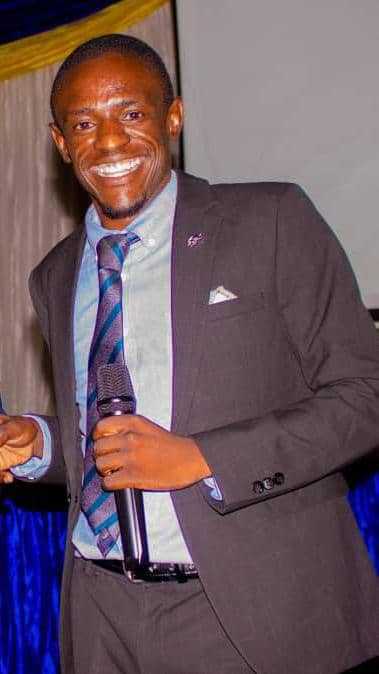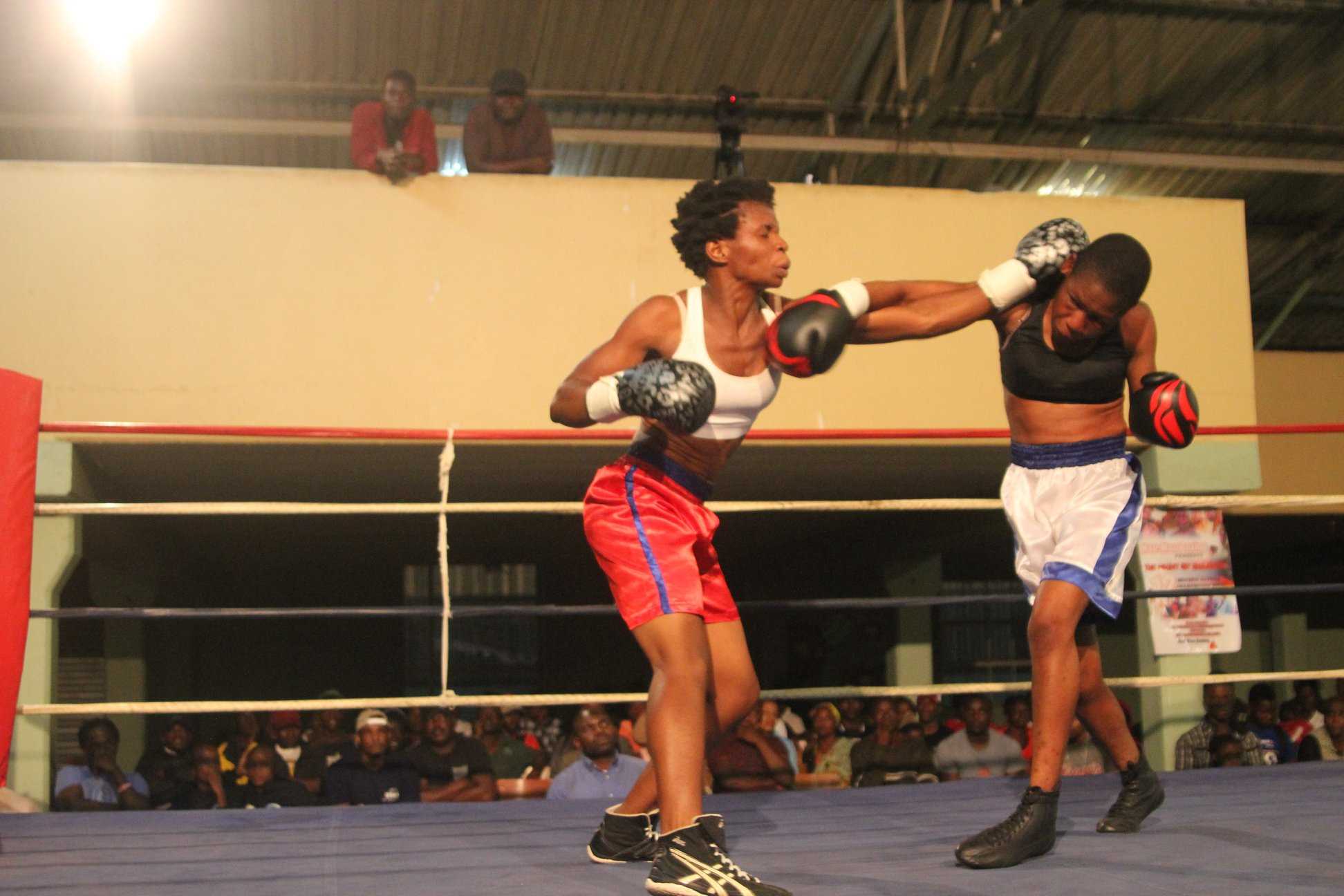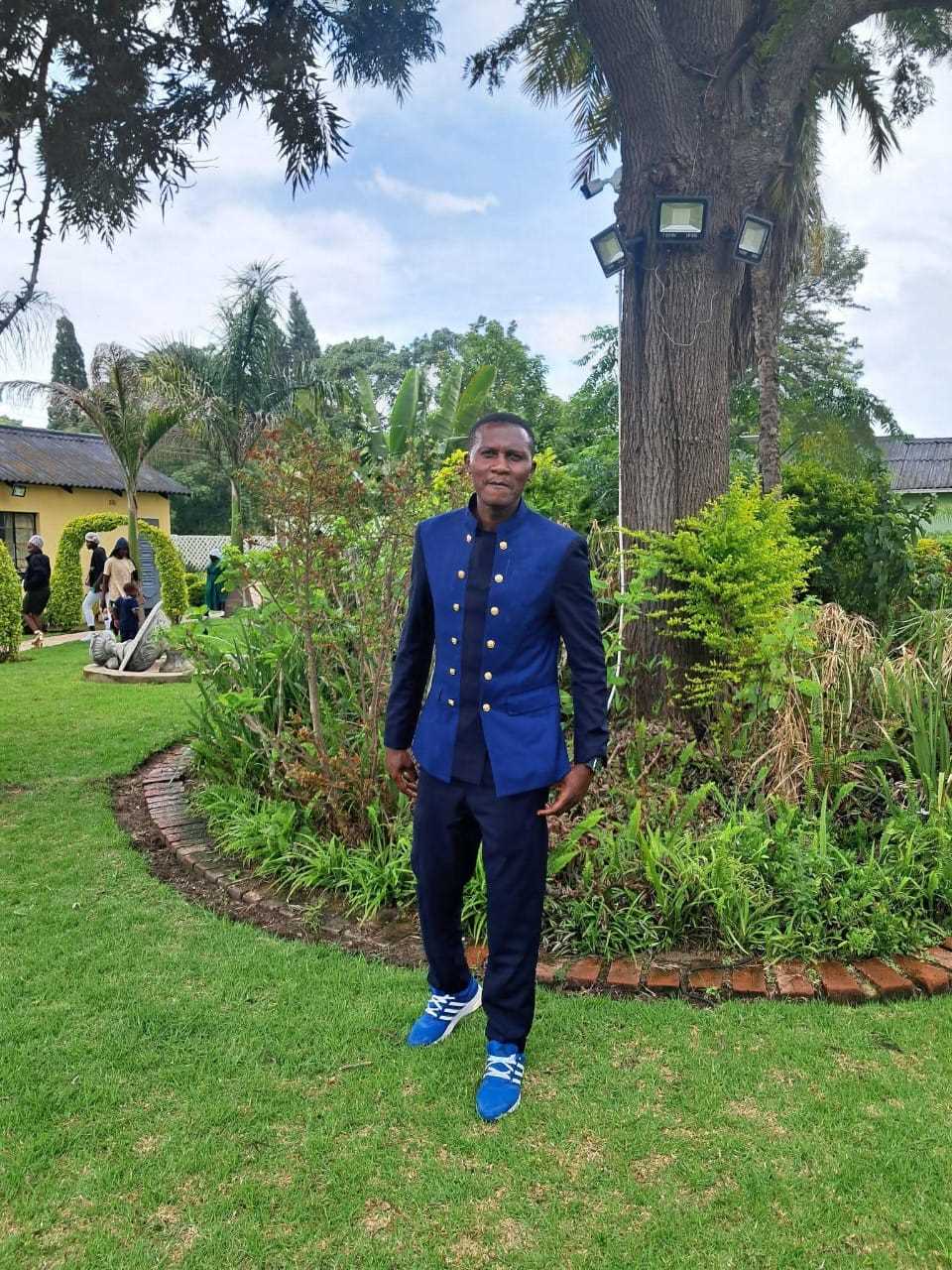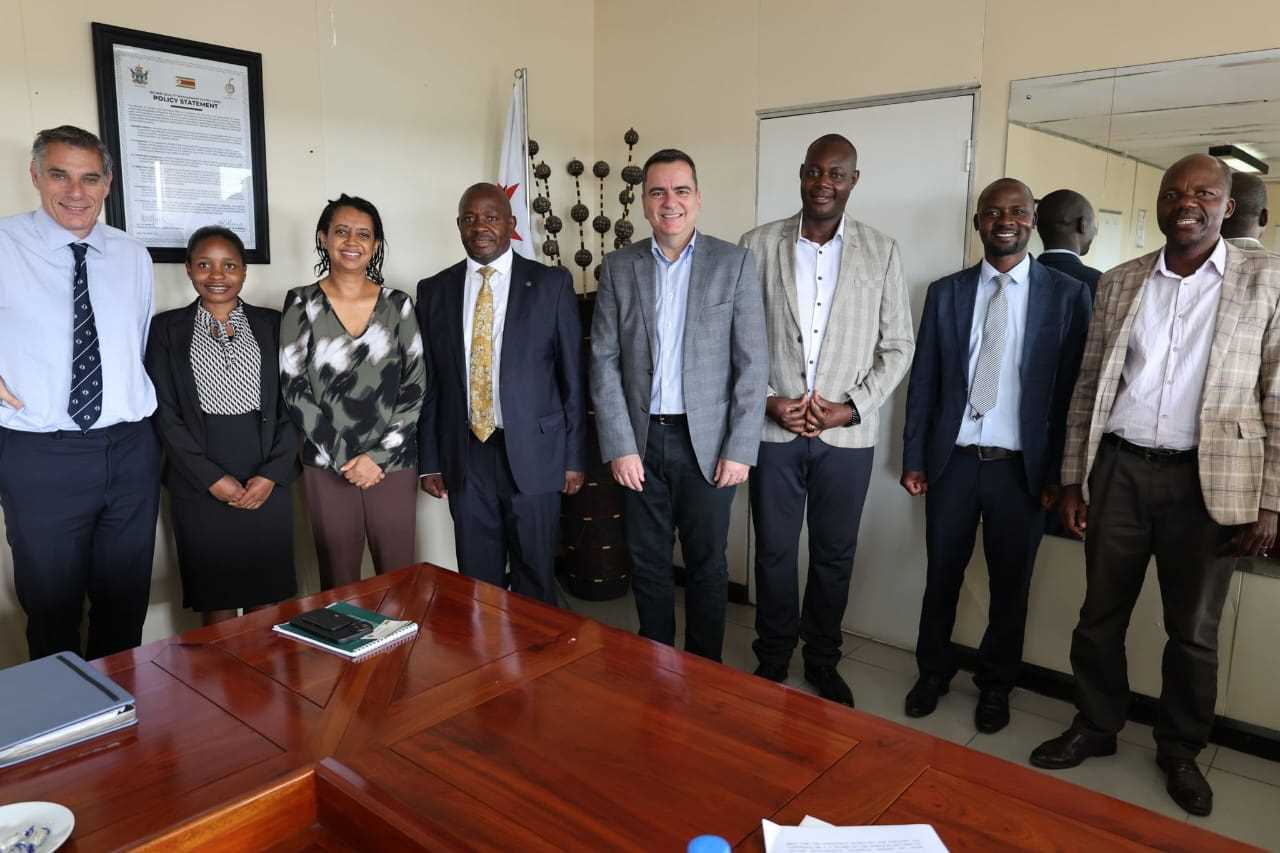
Edmore Zvinonzwa
I was a bit reluctant when a friend, Arthur Choga reached out to tell me about a colleague’s book that needed a review. Initially, I could not go through the book owing to family challenges I encountered around that time.
When I sat down to read it, I did not regret. The tone was so intimate and the issues resonated with what society has grappled with for decades. It’s difference with other writings was the poignancy and openness which Kensington Marufu’s rendition, Touched by Grace: The Story of Hope and Resilience, exuded.
Touched by Grace: The Story of Hope and Resilience is not an ordinary book that does not come from an ordinary writer although by any measure, the story is commonplace.
In the book, the writer, Marufu shares the very intimate about his life, something many will shudder to consider in the first place. That way, Marufu becomes an inspirational figure whose story out there in the public domain is to generate hope and resilience, to tell people that life belongs to the Creator and not fellow mortals who would want to even predict your death.
Marufu transports himself, through this story, into that group of selfless writers who will share with you right up to the smallest unit of their work in an effort to transform your worldview and hence your life as well.
Once a mind is transformed, it will help change the lives of many who otherwise felt they had been dealt the death penalty through an HIV-positive diagnosis.
“I know most people are not willing to tell people the truth when it is negative, but l have sat down to compile this story with a desire to inspire and change a life.
“I had all the reasons to be a drug addict, to be a victim of suicide and to quit. My background continually dragged me into failure but l had to relentlessly stick to my dreams and fighting objective.” (pp3-4)
Touched by Grace: The Story of Hope and Resilience is a unique writing that seeks to encourage. The determination and perseverance it generates constitutes a very important aspect in humans more so because they can reminisce and reset the thrusts of their lives. Giving up is therefore not an option.
“Some people fail because they are born in the wrong place and at the wrong time. Circumstances place them in a situation where they do not just have to maintain someone's wealth, but instances where they have to forge a path out for themselves, fail, get rejected, cry and lose the battle.
“Some lack the required motivation and financial support. Some come from unfavourable hereditary backgrounds that require them to exert more effort than others. Some just lack the strength to push through hard times and unless they find someone to hold their hands and show them the path, they will never see a better life. I am writing to let someone know that even in the hell of the storm, you can do it.” (pp4-5)
The author shares lived experiences with his readers which creates some kind of intimacy with them as he calls for patience and determination in life. “Life can be tough, brutal and unfair. I am that stranger with nothing to give you except to share with you a lived experience and help you to look inside yourself. I am that stranger who will tell you that life may sometimes give you lemons when you know you planted an orange tree.” (p5)
The book begins with an episode at the doctor’s rooms when the author is indisposed and reminds readers of the burden of knowing one’s HIV-positive status. The resultant fear, stigmatisation and general perception that people had of the infection and those who were infected. The author also explores the authorities’ stance in criminalising HIV.
“We were labelled a threat to humankind. Love life was restricted to us. The law was amended to punish people like us with 20 years’ imprisonment for the crime of transmitting the disease. We were not alone but no one would come out. We hid ourselves. Everyone, even with known signs and symptoms had a preference opposed to the real disease. It was difficult to tell someone because it brought silence when mentioned. It was scary. We all feared the stigma.”
Related Stories
The burden of knowing one’s status and perhaps even his family like in the case of the author at such a tender age of ten is without doubt a difficult one.
“In a few weeks, I would learn that my whole family, had been diagnosed with HIV, the most feared disease that the streets preferred to call Mukondombera, Chakapaedza hama (The one that wiped out families) or just ‘Chakati kuuya ichi’ (The one which has recently arrived among us).”
The author says, and admittedly, that it was difficult to open up on one’s status those days, hence the stigma and outright denial most people ended up going through.
“That could not be said openly during those years. That was a death sentence. I was only ten and l was already counting down. The doctor had said in passing that we were never going to go beyond five years.” (p15)
What unfolds before the reader is an entirely different story that is not mourning but rather generating hope in an otherwise condemned group.
“Life works in mysterious ways. Poor people can become rich. Rich people can end up poor. I have seen people becoming disabled. I have seen HIV-negative people ending up HIV-positive. It's pointless to laugh and despise people because of their present condition at any given time. Life can change anyone into someone.” (p20)
His encounter with Lucy at university, where she has come to study Medicine while he is studying Law reinforces the story of hope. The author learnt of his status when he was only ten but there he was now, at the university’s Law Faculty.
One of the lessons the author shares with his readers is that on being judgmental in life.
“The greatest lesson I got from life was that when one makes it in life one needs not to despise those who fail. Most of these people who fail to make it are victims of circumstance. They never had people who fired them up with passion. They never had the opportunities that some of us had. No one told them to continue pushing closed doors and, most of all, they have been pumped with negativity to believe that making it in life is from the devil.” (p157)
Kensington Marufu was born on December 26, 1989 and was orphaned at 16 in 2006. He was forced to stop school along the way but emerged with top results at his school when he eventually sat for his O Levels in 2011.
Only started his A Level in 2014 and sat for his final exams in 2015 where he scored the highest grades which took him to law school. Currently, he is a holder of a Bachelor of Laws Degree from the University of Zimbabwe.
Kensington is a firm believer in resilience, patience and commitment and has an interest in issues to do with health, especially HIV and Aids where he advocates for the eradication of stigma and discrimination against people living with HIV.
He passionately supports the cause to end Aids by 2030
His book, Touched by Grace: The Story of Hope and Resilience is almost a manual on issues to do with HIV and Aids. It is a must-read for all those who doubt the yields of hope and resilience.




















Leave Comments